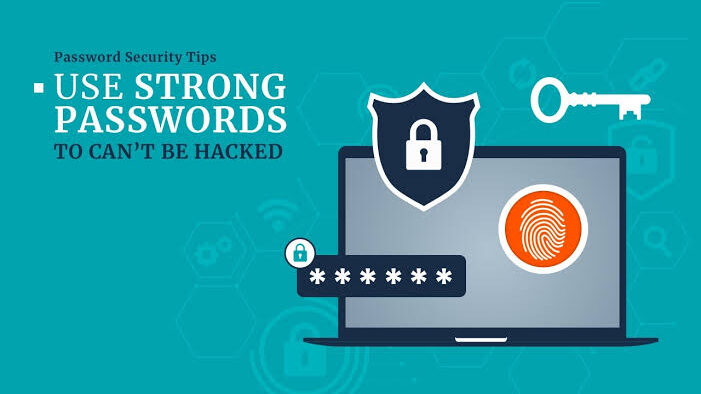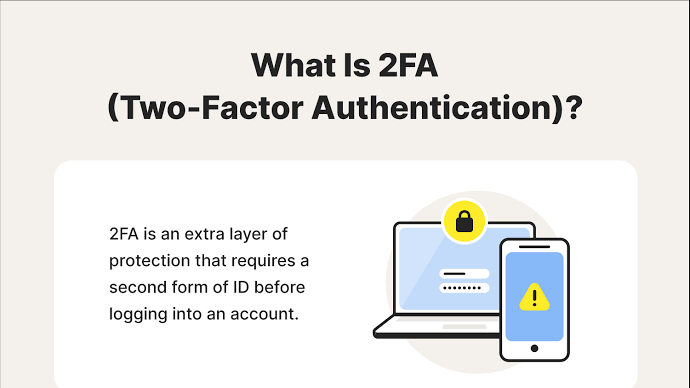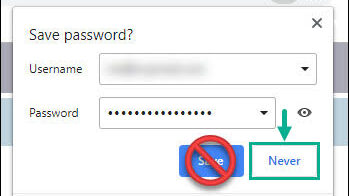Recently, Daily News 24 reported that, the Kano State Hisbah Board’s official Facebook page was hacked, resulting in the release of explicit content.
This breach has not only alarmed local residents but also highlighted the vulnerabilities inherent in social media security.
Sheikh Aminu Daurawa, the board’s Commander-in-Chief, has confirmed the hack and assured that efforts are underway to restore the page and address the issue with Meta.
This incident underscores the importance of safeguarding social media accounts.
READ ALSO: EXCLUSIVE: Nigerian lady claims responsibility for hacking Kano Hisbah’s Facebook page
To help prevent such breaches, here are five key strategies to enhance your social media security:
1. Be wary of Phishing, Spear-Phishing attacks:

Phishing and spear-phishing are common tactics used to compromise social media accounts. Phishing typically involves generic, mass-distributed messages pretending to be from legitimate sources, urging you to click on malicious links. Spear-phishing, on the other hand, targets specific individuals with customized messages that appear credible. Always verify the authenticity of any communication before clicking on links or entering personal information.
2. Use strong, unique passwords:

A robust password is your first line of defense. Create passwords that are a mix of uppercase and lowercase letters, numbers, and special characters. Avoid using easily guessable information like names or birthdates. Additionally, use different passwords for different accounts to ensure that a breach of one does not compromise others.
3. Enable two-factor authentication (2FA):

Two-Factor Authentication adds an extra layer of security by requiring a second form of verification beyond your password. This could be a one-time code sent to your phone or email. Even if a hacker obtains your password, they would still need the second form of verification to access your account. Enabling 2FA can significantly enhance your account security.
4. Avoid storing passwords in browsers:

While it might be convenient, storing passwords in your browser’s password manager can be risky. If an attacker gains access to your browser or device, they could retrieve all stored credentials. Instead, use a reputable third-party password manager that offers encrypted storage for your passwords.
5. Be cautious with public Wi-Fi:

Public Wi-Fi networks, such as those in coffee shops or airports, can be insecure. Attackers can intercept data transmitted over these networks, including cookies and session tokens, which can be used to hijack your accounts. To protect yourself, avoid accessing sensitive accounts over public Wi-Fi, or use a virtual private network (VPN) to encrypt your internet traffic.
In conclusion, social media security requires vigilance and proactive measures. By implementing these strategies, you can significantly reduce the risk of your accounts being compromised. As we continue to navigate an increasingly digital world, staying informed and cautious is crucial to maintaining your online safety.


